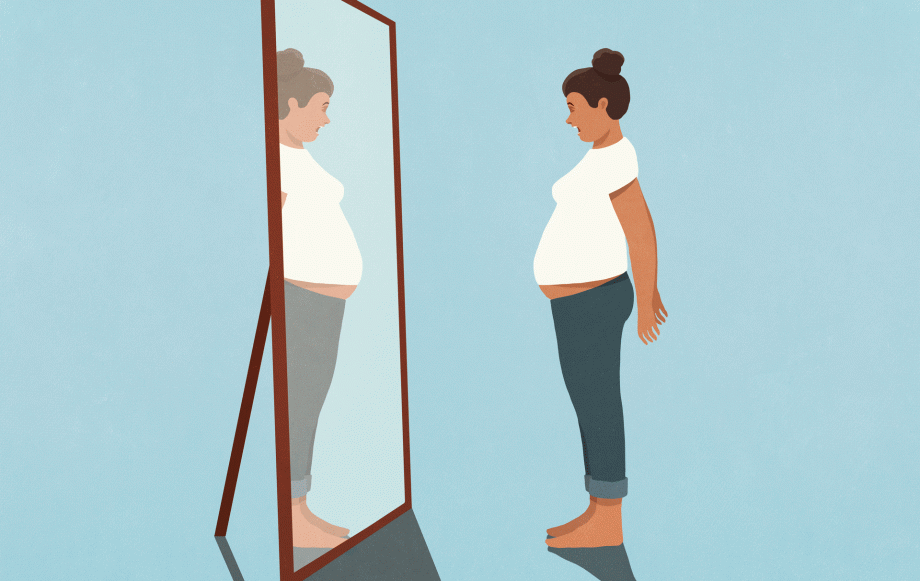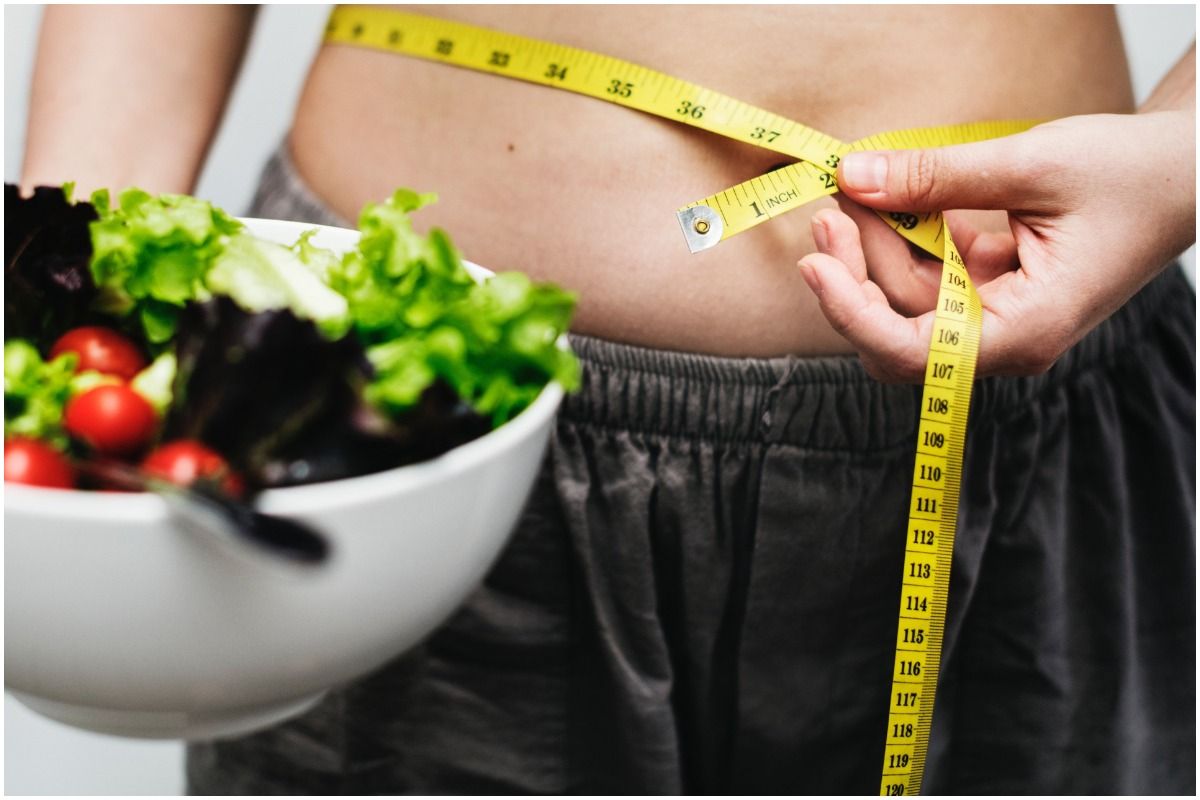
How To Get Rid Of A Bloated Stomach
Supplementing with Digestive Enzymes Certain over-the-counter items, such as supplementary enzymes that assist break down indigestible carbs, can also aid with bloating. Lactase, which can be found in foods like Dairy Ease and Lactaid, can help break down lactose and minimise flatulence when consumed with dairy products. Potassium helps the kidneys flush out excess sodium, reducing swelling.
When you eat intolerable food, it can cause excessive gas, bloating, and other symptoms. Eating high-fat foods can also slow down digestion and may cause bloating in some people. If you have bloating after a meal, there may be a problem with your digestive system. Coupled with other factors that may cause bloating, such as dehydration, constipation, and premenstrual syndrome, despite your best efforts, you may still fall into unpleasant bloating.
The most common cause of abdominal pain and bloating is excessive intestinal gas. Constipation is a common cause of stomach pain and bloating. Walking, jogging, or taking digestive supplements can help gas circulate through the digestive tract so that it does not stay in the stomach and cause bloating.
If you have IBS or food intolerances, keeping a food diary can help, as figuring out which food is causing bloating can be difficult, especially if it’s multiple foods. If you’re dealing with persistent bloating, it’s a good idea to track what you eat and when you experience symptoms to try to determine if you have a specific food group that is causing it. For several weeks, keep a food diary, noting everything you eat and drink and when bloating bothers you the most. Bottom Line: If certain foods cause bloating or gas, try to cut back or avoid them.
Certain foods and drinks can help reduce bloating and stop it again. You may want to change your eating habits to see if the change can reduce bloating. Making small changes in how and what you eat can help reduce swelling. For example, eating small meals at regular intervals can help relieve the feeling of bloating after a heavy meal and can also help prevent (indigestion).
But if you have IBS and want to increase your fibre intake, take it slowly and keep a food and symptom diary to see if that makes your poop softer, more regular, and improves or worsens swelling.
But if you’ve been trying to eliminate the factors that are causing the swelling without feeling relieved, this may be a sign that it’s time to see your doctor. If self-care and medications aren’t helping to relieve bloating, it’s best to see your doctor to determine if you have a more serious medical condition. If you find that you have bloating regularly or if it is accompanied by pain, you should always seek medical attention to rule out anything more serious.
There is an important difference between bloating caused by overeating or irritated food, and bloating caused by more serious medical problems. Bottom line: People with bloating are generally more sensitive to food in their stomachs. This means that there is less room for the normal digestion process, so even ordinary food can cause you to have abnormal bloating during the digestion process.

Sometimes weight gain is also associated with water retention, which can cause bloating due to fluid in the stomach and other places. You usually get bloating when gas or air builds up in your intestines. When gas comes out too slowly or builds up too much, the stomach may swell up.
Gas is usually not harmful, but if bloating persists, see your doctor, especially if accompanied by more severe antacid abdominal pain, diarrhea, constipation, vomiting, weight loss, or frequent heartburn are all signs of a problem such as a syndrome that may be involved. irritable bowel or celiac disease.
The three most common ways to get rid of gas are belching, bloating, and flatulence. Bloating is usually caused by air being trapped in the colon or small intestine. Bloating is a sensation in which the abdomen becomes larger than usual. The abdomen does not physically get larger until the volume of the abdomen has grown by one litre, thus you may feel bloated but the abdomen is not distended.
Hissing can cause gas to build up in your stomach, making you look bloated. When you swallow soda, you are likely breathing in excess air, which can contribute to the swelling.
The reason is that lack of prebiotic fibre can cause constipation, which can lead to bloating. However, eating too much fibre too fast can have the opposite effect and can actually cause bloating and flatulence. Studies have shown that taking probiotics can help reduce gas and bloating in people with digestive problems.
The first step is to abstain from foods that you know are causing bloating. Some people with sensitive systems or those diagnosed with IBS should also look out for foods high in FODMAPs (such as onions, cabbage, and garlic, beans, legumes, and dried fruits). which can be guilty of bloating and gas.
This means that eating them in large quantities can cause gas and bloating. This is because blisters can temporarily distend the stomach, creating a breeding ground for bloating. Bloating is an unpleasant sensation in the abdomen when it is full of food or air. Bloating is the feeling of a full stomach where the belly appears to be bloated, like a balloon of gas or air.
Many things can cause our body to lose balance and cause abdominal swelling. Most of the time, we start the day with a flat abdomen, but if we don’t get enough sleep, our body will release cortisol, a stress hormone that can disrupt our digestive system, causing bloating and constipation. Digestive problems and hormonal fluctuations can cause periodic swelling.